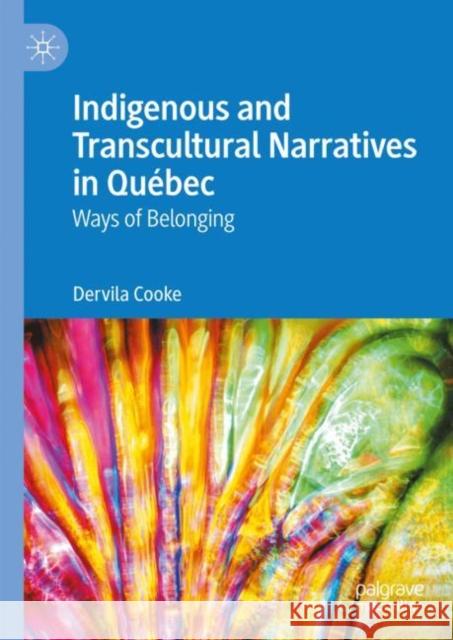Indigenous and Transcultural Narratives in Quebec: Ways of Belonging » książka
topmenu
Indigenous and Transcultural Narratives in Quebec: Ways of Belonging
ISBN-13: 9783031459351 / Twarda / 2024 / 236 str.
Kategorie:
Kategorie BISAC:
Wydawca:
Springer International Publishing AG
ISBN-13:
9783031459351
Rok wydania:
2024
Ilość stron:
236
Wymiary:
21.0 x 14.8
Oprawa:
Twarda
Dodatkowe informacje:
Wydanie ilustrowane











